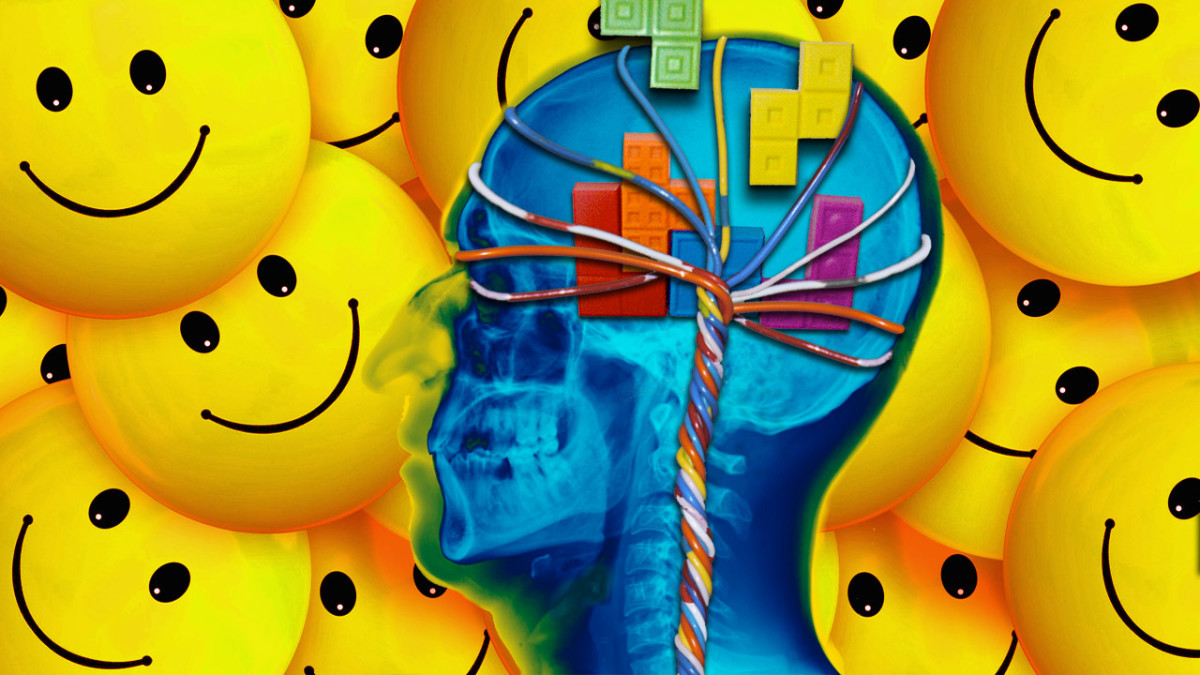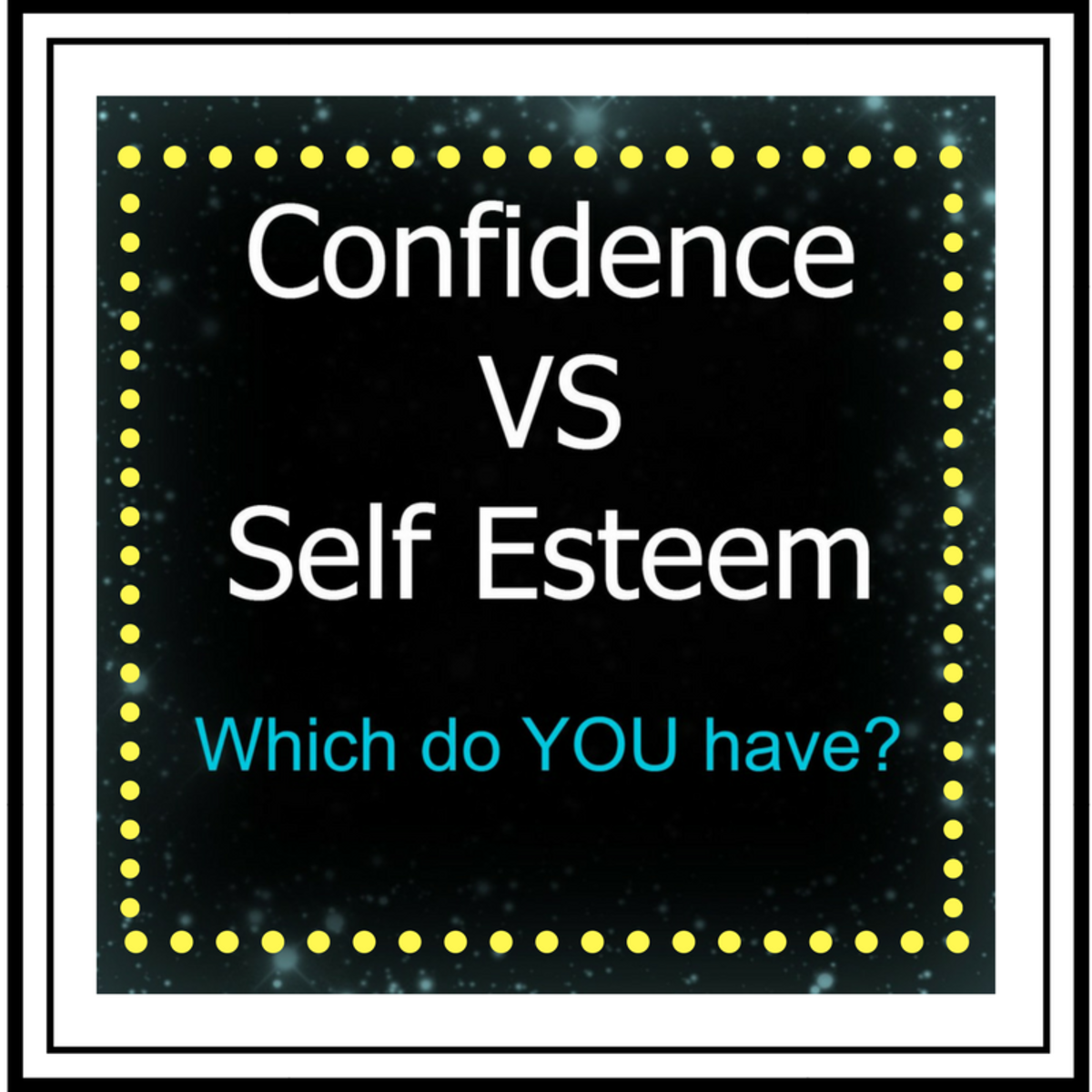What's your positive psychology profile?
How positive are you?

What makes you happy?
One of the newer fields in psychology is an area called Positive Psychology. Research has shown that happier people are not only just happy, but they are also more likely to have a healthier life. Psychology previously has focused on correcting problems within the individual. This newer field of psychology is a little different from the rest of psychology in that it focuses on building positive qualities. Psychologists that use positive psychology as their treatment specialty focus on nurturing positive elements within the individual so they help the individual deal with the negative events that occur naturally in one’s life. (Seligman, & Csikszentmihalyi, 2000).
Happiness Quiz
- How Happy are you? Take the Happiness Quiz
How happy are you? The happiness quiz measures your personal happiness, based on recent scientific studies. Find out how you can improve!
The beginnings of positive psychology
Early psychology focused on pathology, or the study of a disease or abnormal issues. The intent was to “fix” whatever was wrong with the individual. Positive psychology notes different studies as the beginnings of positive psychology, but the one that stood out for me was by Mihaly Csikszentmihalyi after World War II. Csikszentmihalyi noted that after the war in Europe, people reacted in two different ways. Successful people became lost and weak, while others remained calm and resilient. He wondered what the difference was for these two groups who lived through the same tough times. He further noted that the difference was not in the level of education or their level of skills and abilities. He began to pursue his studies in psychology to seek the answer for this question. (Seligman, & Csikszentmihalyi, 2000).
Another factor of positive psychology came with the initiation of humanistic psychology when Abraham Maslow, Carl Rogers and other psychologists began the self-improvement or self-help movements. Psychology became concerned with improving human strengths and fostering traits that help people remain successful regardless of their culture or environment. Optimism, happiness, and self-determination encourage more positive perspectives, which add to the individual’s strength and ability to thrive. (Seligman, & Csikszentmihalyi, 2000). Martin Seligman has also been attributed as the father of positive psychology. One important key to consider is that positive and negative traits exist simultaneously. Negative things happen in life, but so do the positive things. You can be a positive person while still having negative things happen around you. I’ve seen some say that you outweigh the negative with the positive, but this isn’t exactly how positive psychology works. Four conditions enhance your ability to remain positive even in the most negative times.
Martin Seligman
1. Subjective well-being
Why is it that one person living under adverse conditions becomes defeated, while another person living under the same condition becomes creative and successful? One key is how they interpret their surroundings. A person’s ability to adapt to their surroundings, create goals, and have coping strategies will enhance their perception of their surroundings. The way you evaluate the world around you will impact the emotional response, which in turn affects the way you react to your world. My own current situation requires I use a lot of positive psychology strategies. I have high expectations, but my present life doesn’t allow me to achieve most of those right now. Things change, and recognizing that over our lifetime will help maintain sanity!
Life Satisfaction Quiz
- Life Satisfaction Quiz - From YouBeauty.com
Did you become the fireman you dreamed of as a child? Life is filled with twists and turns. How happy are you with the twists and turns of your own life?
Optimism
Your outlook on life and people can be either optimistic or pessimistic. There are actually several tests to measure where you fall on this continuum, too. Psychology Today has a good one shown below this paragraph. Your optimism, or pessimism, level contributes to your quality of life not only mentally, but physically as well. Pessimists are typically under heavy stress, and stress takes a toll on your physical health. Optimism is a coping mechanism for stress; when you feel optimistic about your situation, you perceive that you have more control over that situation. This decreases the effect of the stress to your body as a result of that very situation. (Mayo Clinic Staff, 2013)
Optimism test
- Self Tests by Psychology Today
Is that glass half full, or half empty? Discover your optimism score.
Which one are you?
After taking the optimism test from the link provided, which score was higher for you?
Happiness
Happiness is actually one trait that psychologists measure. Psychologists understand that happiness is a major factor of subjective well-being; however, the relationship is still not a clearly defined measurement. For example, we know that people with stable jobs in this tough economy are more apt to be happy. What we don’t know is whether they are happy as a result of their well-being or a result of being employed in this tough time. In addition, happiness can be influenced by so many variables; the person that rates high on happiness today may take the same test tomorrow and score lower on the happiness scale. There is some evidence that happiness is partially a genetic disposition. Studies involving twins who were separated at birth show that they have similar results in studies that deal with moods. This makes sense as one reason for moods is your biological makeup. We are beginning to understand more about how our body’s chemicals are responsible for emotional response. For example, hormone levels alter the way our body reacts.
Dr. Margaret Chesney
Self-determination
Self-determination is self-defining; it actually means that you determine your own path. Positive psychology uses this free choice to build positive thinking, which in turn, motivates you and provides a more optimistic perception of life. When you feel you are in control, it also decreases your stress level. Therefore, this trait also increases your quality of life. Likewise, when you feel you have no control over a situation, it leads to higher stress and coping behaviors that are not as healthy. Measuring self-determination is rather lengthy, but a good alternative is to identify where your locus of control lies. Are you one that thinks you can change aspects of your life as a result of your action (internal locus of control - self-determined), or is your life really more of a reaction to the people and things around you (external locus of control).
Well-being
- PERMA Model - Career Development from MindTools.com
Discover the five essential elements of well-being, so that you can flourish in your life and in your career.
Summary
Positive psychology attempts to counsel or provide treatment allows people to flourish, foster productivity, nurture strength, teach resilience, and provide a higher quality of life for the individual. Name then, build them, allow them to overshadow elements in your life and you will find that you can deal with things easier. This short article provides a brief introduction into a few aspects of what positive psychology adds to the realm of psychology. However, the study of positive psychology is much deeper than these four elements. The following links provide some resources for you to dig further into this field if you choose.
References
Mayo Clinic staff. (2013). Stress management. Retrieved from http://www.mayoclinic.com/health/stress/SR00001
Seligman, M. & Csikszentmihalyi, M. (2000). Positive psychology: An introduction. American Psychologist 55(1), 5-14.









